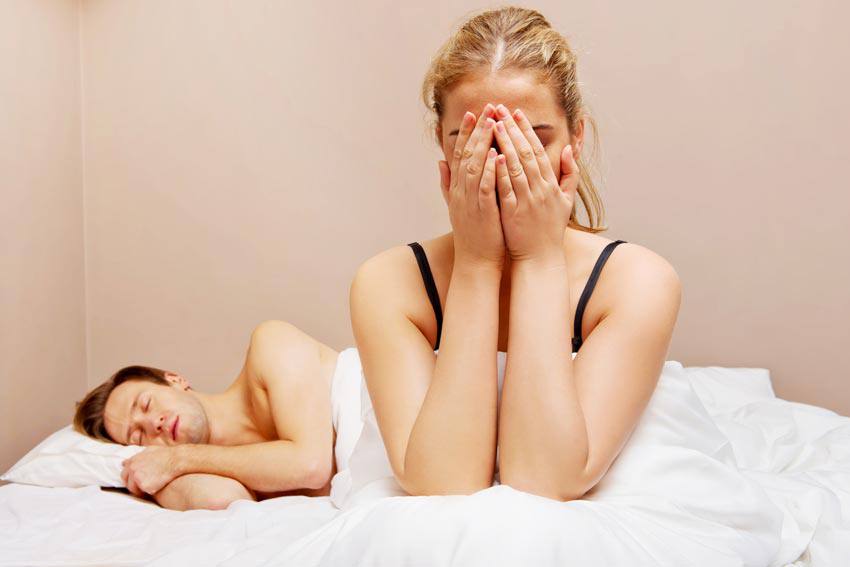Why travellers prefer Blue Cross
- Canada's #1 travel insurance brand and recognized worldwide
- Over 75 years of expertise in insurance
- $5 million travel insurance coverage, with or without deductible
- Flexible and affordable travel insurance solutions
- Free quote available online
- Travel assistance available 24/7 for any emergency, anywhere you travel

Two strange reasons why you may not be getting enough sleep
Published on: September 1, 2016
Are you having trouble sleeping or getting the recommended eight hours of sleep each night? Many Canadians are, and it may have more to do with your socio-economic status than you realize.
A study by the Centers for Disease Control and Prevention found that most people are working more hours in a day than the number of hours they sleep at night. One in three Americans polled for the study do not get the recommended seven or more hours of sleep each night.
This is not the surprising takeaway from the study. What is surprising were the reasons why people are not getting enough sleep. In particular, there were two reasons for lack of sleep among people:
1. A university degree
People with a university degree were more likely to sleep well at night. So, hit the books if you want to get a good night’s rest.
“No matter how advanced your degree, just graduating with a college diploma increases your odds of sleeping better – 71.5 percent of those with a university degree said they got enough sleep per night, while those who didn't earn a diploma hovered at about 62.4 percent,” says Liz Steelman on Real Simple.
2. Your relationship status
The second unexpected factor that affects sleep quality is your relationship status. Those who are married or were never married reported sleeping better.
“Only 55.7 percent of those who were divorced, widowed, or separated got enough sleep. Married people slept the most, with 67.4 percent of respondents saying they get a good night's sleep. Those who were cohabiting got a little less sleep (65.2 percent), and those who were never married said they got more sleep than those who were divorced or separated (65.2 percent),” says Steelman.
Other factors that impact sleep
Here are some other common reasons why people don’t get enough sleep:
- Too much caffeine, or too late in the day
- Your pets: a recent Mayo Clinic survey found that 53% of pet owners felt that their sleep was being disrupted by their pets
- Your partner: – according to another Mayo Clinic study, your partner’s snoring can reduce your sleep by as much as 62 minutes each night
- Lack of exercise or exercising too close to bedtime
- An undiagnosed sleep disorder
- A poor sleep environment
- Lack of regular bedtime or sleep routine
- Use of electronic devices before bed
If you are having trouble getting a good night’s sleep, examine your lifestyle and talk with your doctor about your options if necessary.